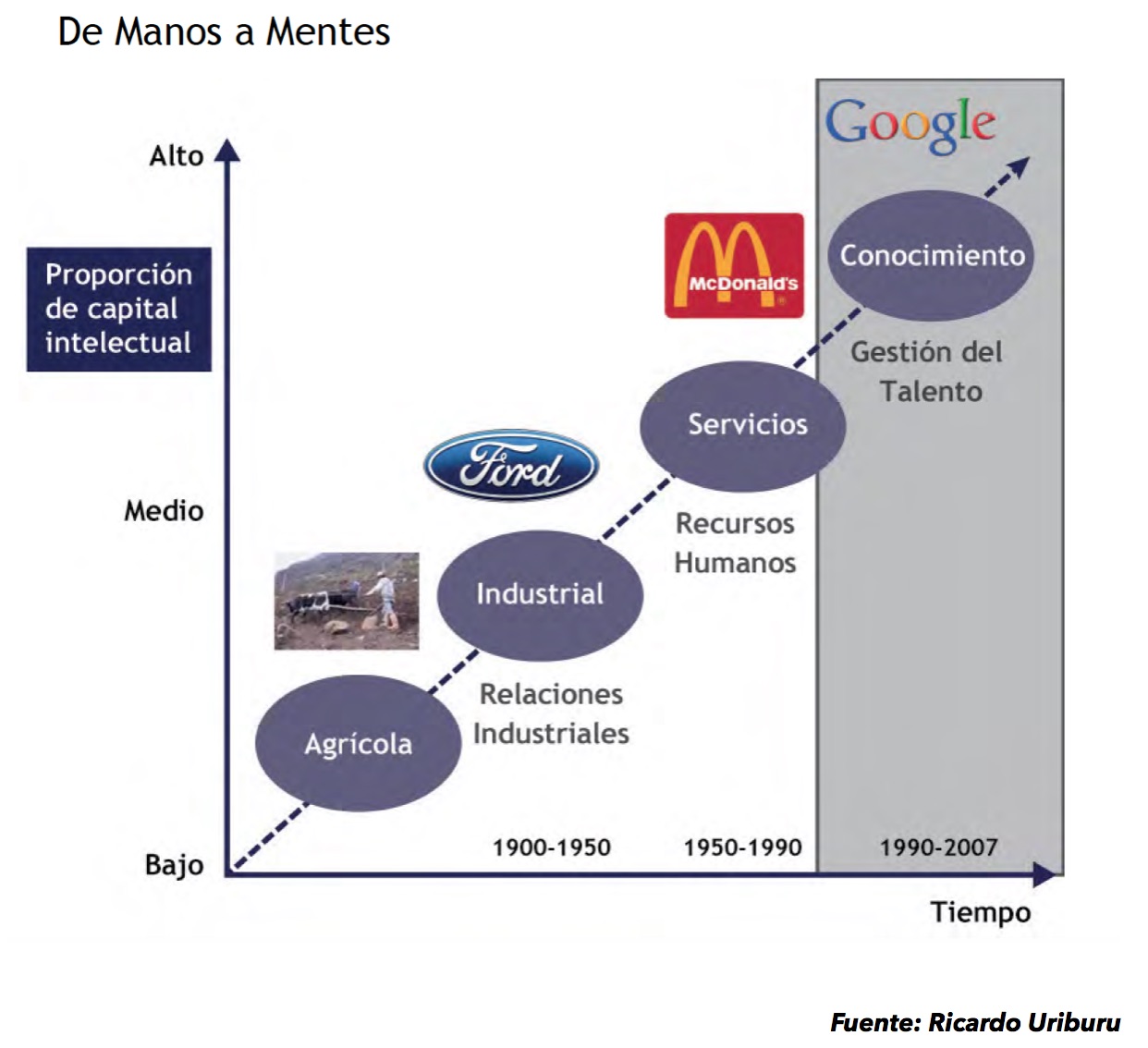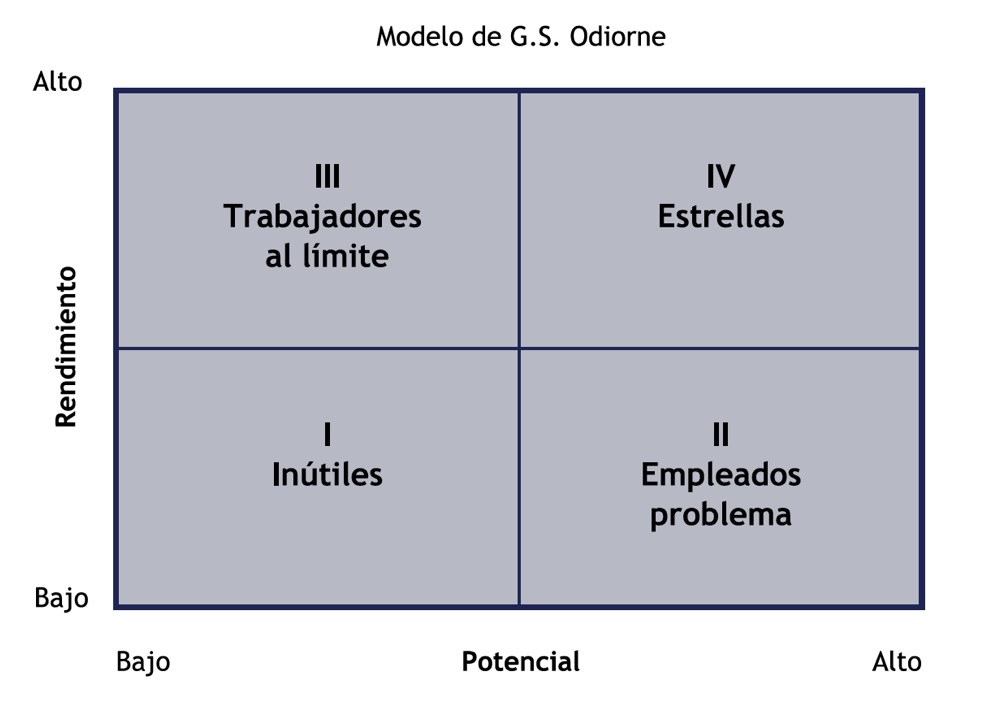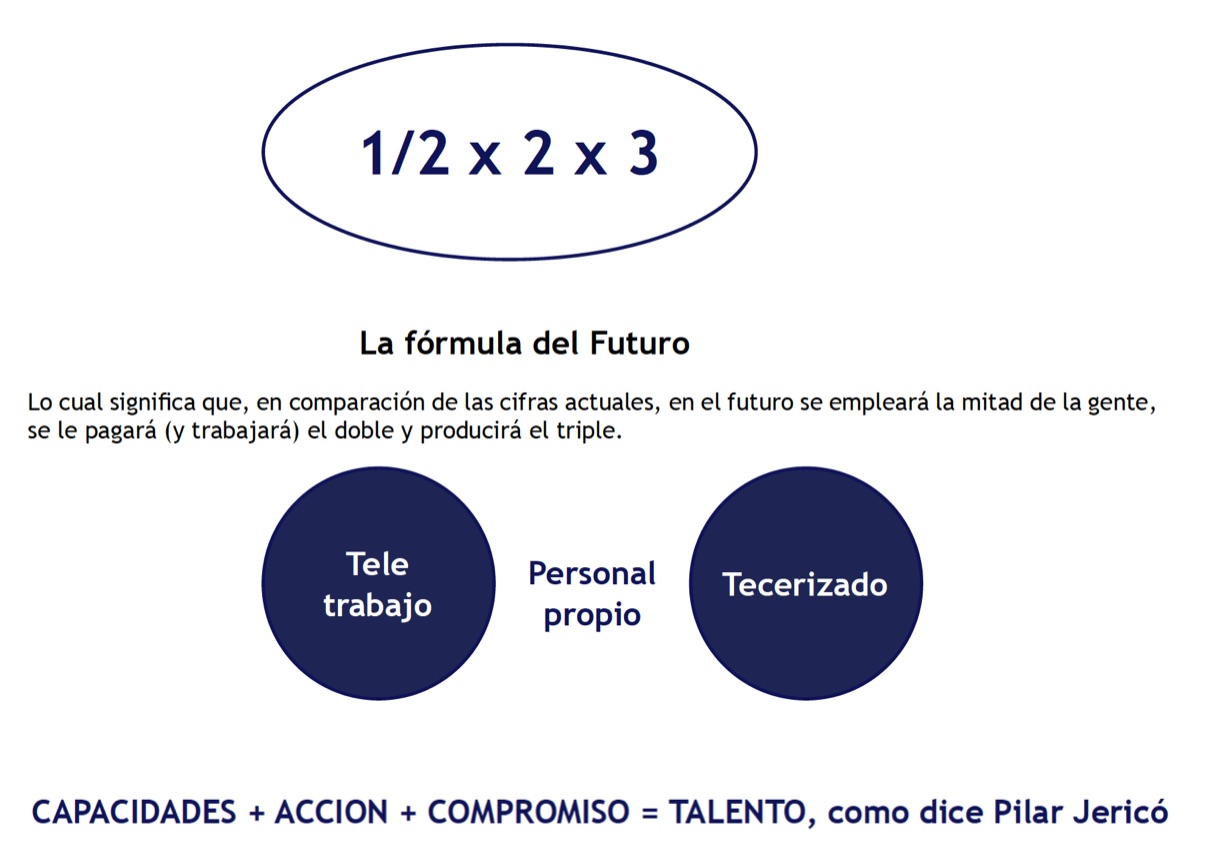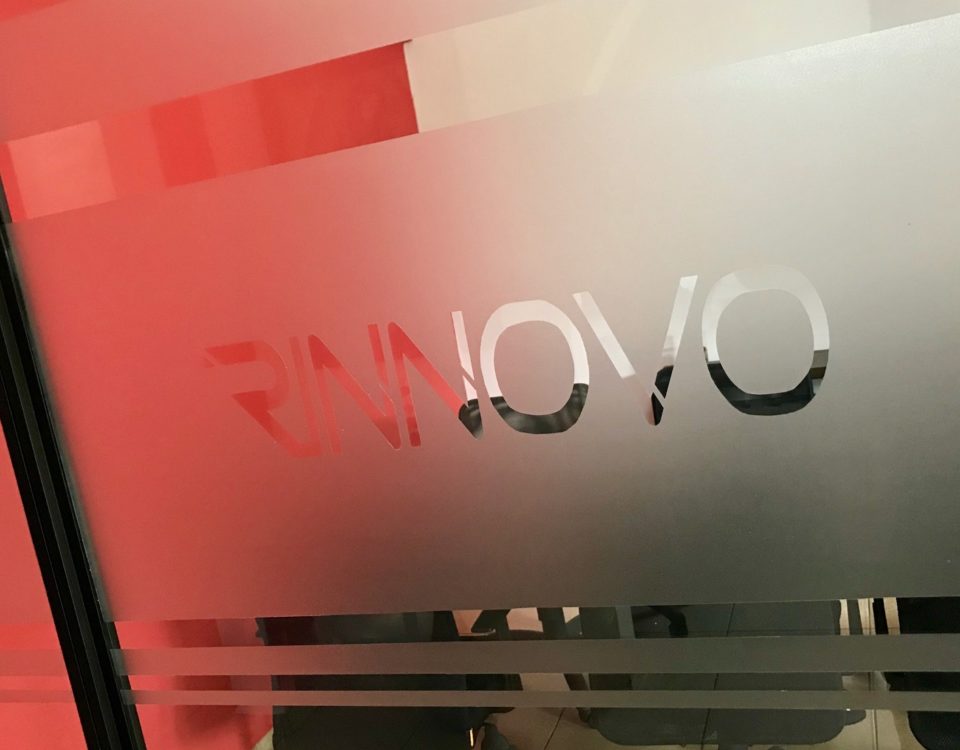Intellectual Capital Management
We continue along the lines of our conversation, friends ... Let's talk a little about intellectual capital management. If you have not seen my previous post on this topic, I invite you to take 10 minutes to do so: Effective leadership, how are you leading?
Thank you all again for your comments ... I am very happy that you are interested in the subject.
I have no doubt that today, the contribution of human resources in organizations is extremely fundamental; precisely that important contribution has evolved over time. That is why, today we talk about TALENT, because the role that people have played has changed.
In many companies I know that managers have a hard time understanding the modern conception of intellectual capital and its important market value, so that the company's equity value is impacted. It is obviously a challenge.
What we are today in organizations has a lot to do with what we once were. I really like the thought that human capital has become "From hands to minds."
I share the evolution that has occurred with the passage of time in organizations with 4 eras well marked, it is precisely in the 90's when it begins to rethink the role of people:

The knowledge that adds value is that which increases our personal and organizational effectiveness, manifested in our performance as TALENT.
It is at this point where once as a manager I asked myself a question, the retribution to the human factor in management, is it an expense or an investment? The appropriate answer is DEPENDS.
There is a fairly successful model exposed by G. S. Odiorne and I share them below:

Typologies II, III, IV are considered ORGANIZATIONAL ASSETS, since any investment in these people can generate future net income.
But, and where is the TALENT?
There is only TALENT when the capacities are found, with the commitment put into action in a sustained way. That is, types III and IV., Manifest TALENT.
The key factor for strategic people management today consists ofRETAIN TALENTS . How is your organization?
I share this thought:

"In new organizations, power does not derive from structures, but comes from RELATIONS," it does not speak of individualistic or egocentric efforts, but rather, of joint effort and the relationships that are formed.
The formula of the future:

Undoubtedly, the management of intellectual capital is extremely important, keep it in mind to know how to manage and that you realize if there is adequate management in your institution.
Written by MC




